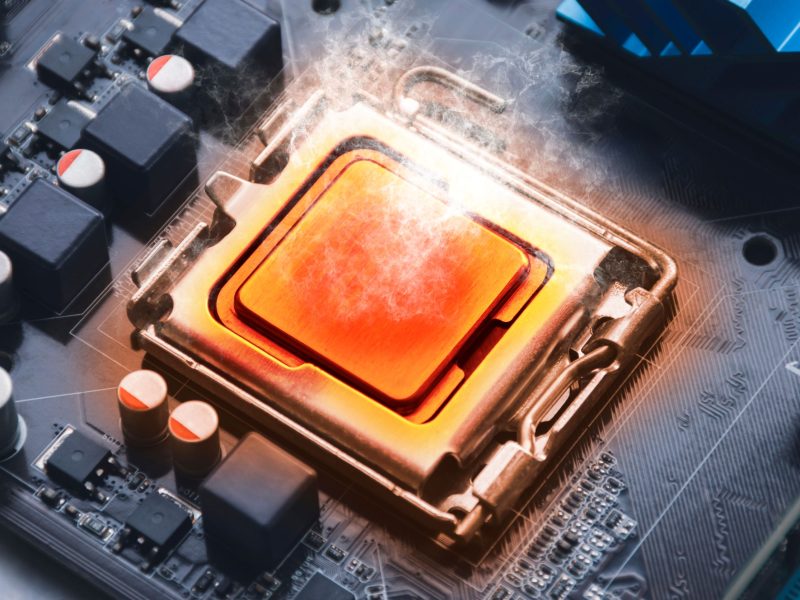
Tech by Android – Chips are everywhere—from phones to cars to satellites. They drive global economies, power defense systems, and enable artificial intelligence. Because of their importance, countries now compete fiercely to control chip production. This growing battle has evolved into a geopolitical and economic conflict. It’s not just about innovation anymore—it’s about dominance. Nations race to secure access, independence, and superiority in this strategic sector.
Microchips serve as the heart of nearly every digital device. They handle processing, memory, connectivity, and automation functions seamlessly. Without them, modern technology would simply fail to operate. As a result, microchip production has become a matter of national interest. The complexity of designing and fabricating these components adds to their value. Only a few companies worldwide can produce advanced chips reliably. Taiwan’s TSMC, for example, leads in cutting-edge manufacturing.
One of the key problems facing the industry is supply chain fragility. During the COVID-19 pandemic, chip shortages paralyzed entire sectors. Automakers paused production. Electronics shipments were delayed. Prices rose across devices due to limited availability. These events revealed how dependent countries had become on just a few suppliers. Consequently, governments started reevaluating supply chains. Many launched initiatives to localize chip manufacturing. However, building domestic capacity is time-consuming and expensive.
“Read About: What to Expect from Pokémon GO’s June Event with Gen 8″
Geopolitical tension has fueled the chip war further, particularly between the U.S. and China. The U.S. has restricted China’s access to key chip technologies. In response, China invested heavily in building its own chip capabilities. As both countries escalate efforts, the entire world watches closely. Export controls, sanctions, and policy changes affect companies worldwide. Even neutral countries feel pressure to choose sides. The tech rivalry now influences trade, security, and diplomatic relations globally.
Taiwan and South Korea play outsized roles in the global chip ecosystem. Taiwan’s TSMC and South Korea’s Samsung are vital producers. Because of their advanced facilities, many global tech companies depend on them. At the same time, their geopolitical vulnerability is a growing concern. Taiwan’s proximity to China raises fears about potential disruptions. Therefore, both nations invest heavily in security and international partnerships. Their stability is crucial for maintaining global chip supply.
To reduce reliance on foreign suppliers, governments are funding chip factories. The U.S. passed the CHIPS Act, allocating billions toward domestic production. Likewise, the European Union has launched similar initiatives. These programs aim to bring chip design and manufacturing closer to home. However, building fabrication plants—or “fabs”—requires years and deep technical expertise. Still, these moves represent long-term strategies for economic and technological independence. As demand for chips increases, the payoff could be massive.
Microchips power entire industries, from automotive to healthcare to defense. Any disruption in chip supply causes ripple effects globally. Because of this, nations view chip control as economic armor. Financial analysts closely monitor chip trends and investment flows. Semiconductor companies now influence stock markets and national budgets. Furthermore, workforce development in chip-related skills becomes critical. Governments partner with universities and tech firms to fill this gap.
The chip war isn’t just about economic gain—it has major security dimensions. Advanced chips power defense systems, encrypted communication, and satellites. National security agencies prioritize chip independence for strategic reasons. In some cases, compromised supply chains create cyber risks. Counterfeit chips or backdoors in hardware can become serious threats. Therefore, countries enforce stricter controls and inspection protocols. Trust in the supply chain becomes just as important as performance.
Rapid innovation has defined the tech sector for decades. But the chip war adds complexity. Companies must now balance openness with protectionism. Sharing knowledge accelerates progress, yet it can also empower rivals. As a result, many firms reduce global collaboration in favor of national partnerships. R&D efforts become increasingly siloed. Though innovation still occurs, it often does so under tighter constraints.
Chips remain essential for progress in AI, robotics, climate modeling, and medicine. As their uses expand, so does their strategic value. The global chip war continues to shape alliances and trade policy. It impacts who leads and who follows in tech innovation. Ultimately, nations that control chips will influence the direction of the digital future. For better or worse, the world is now built on silicon.